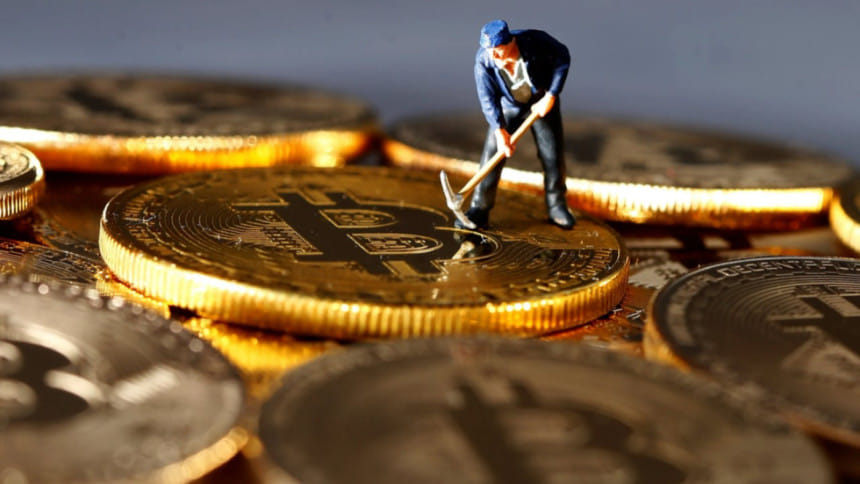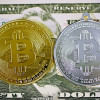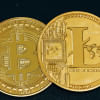Cryptocurrency trading not allowed at all: Bangladesh Bank

Bangladesh Bank has once again said today that it does not allow holding or trading of any kind of virtual coin or cryptocurrency in the country.
The central bank's announcement came as confusion built after it sent a letter to the Criminal Investigation Department of the police that trading of cryptocurrencies cannot be considered apparently as a crime although virtual coins are illegal under the laws of the country.
In a circular and through its website on December 24 in 2017, the Bangladesh Bank asked all to refrain from trading of virtual currency.
The banking regulator still does not allow or support trading of any cryptocurrency, such as Bitcoin, Ethereum, Ripple and Litecoin, Bangladesh Bank said in a statement today.
Cryptocurrencies are a form of digital asset based on a network that is distributed across a large number of computers.
This decentralised structure allows them to exist outside the control of governments and central authorities.
In its public notice, Bangladesh Bank said transaction through any virtual currency will not be allowed as per the Foreign Exchange Regulation Act 1947, the Money Laundering Prevention Act 2012 and the Anti-Terrorism Act, 2009.
No one can claim any financial transaction made through virtual coins, as no legal authority in the world permits such trading, the banking watchdog said in today's statement.
Parties with artificial names conduct these online transactions, where there are high risk of breaching the laws related to money laundering and financial crimes, it added.
That is why no regulator, including Bangladesh Bank, allows cryptocurrency trading, according to the statement.
Cryptocurrencies initially did not take approval from any country, but central banks of some nations such as Japan, Singapore, the United Arab Emirates and the United States have officially recognised them in recent times.

 For all latest news, follow The Daily Star's Google News channel.
For all latest news, follow The Daily Star's Google News channel. 








Comments